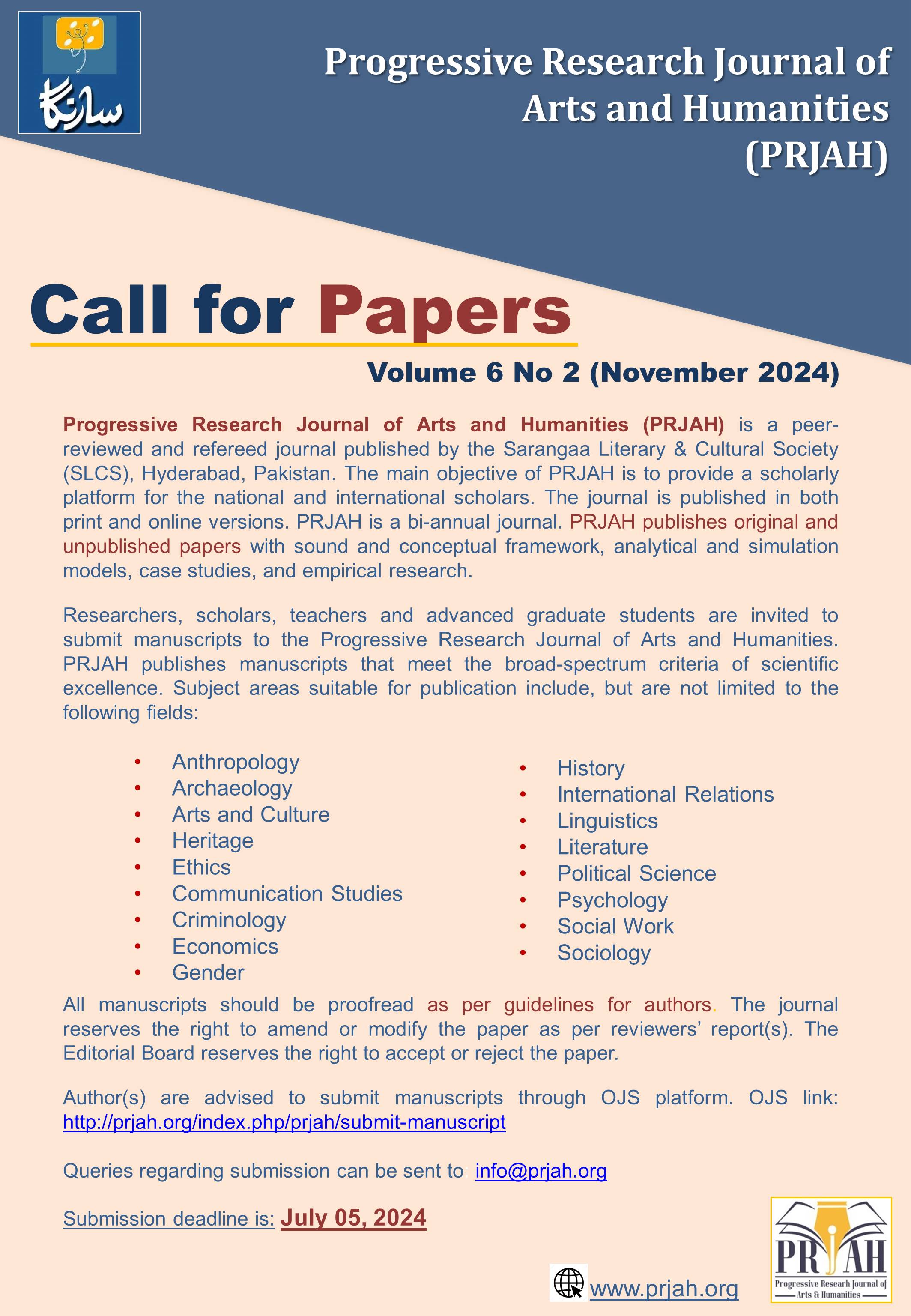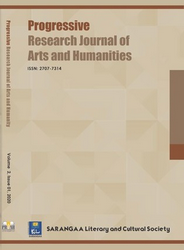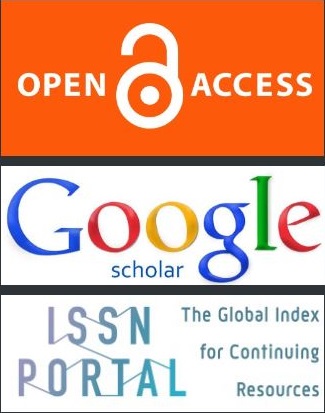Change in Turkish Foreign Policy towards the Middle East
DOI:
https://doi.org/10.51872/prjah.vol5.Iss1.256Keywords:
Foreign Policy; Religious Geopolitical Imagination; Neo- Ottoman; Turkey; Middle East.Abstract
In the last two decades, Turkey has remarkably transformed its foreign policy towards the Middle East. Ankara with a neo-Ottoman and anti-Western approach has become more evident in the foreign policy practices of Justice and Development Party (known as AKP) government. This article identifies the religious geopolitical imagination of Turkey with civilizationalist and neo-Ottoman visions that have shaped its foreign policy goals and instruments during the AKP government era. The article argues that religious geopolitical imagination is a result of foreign policy change towards the Middle East, which may give a Turkey leading position in the region. Overall, however, the evolution of religious geopolitical imagination can be accounted for not only by foreign policy concerns, but economic interests and domestic political aims also matter. Turkey has applied both hard and soft power approaches to remain in the region, but more focused and balanced soft power capabilities. This rapid change may be the result of internal problems like soaring inflation, plummeting currency, and a decline in popularity of the AKP. This article will give more focus to contemporary developments in Turkish foreign policy towards the Middle East region.
Downloads
Published
How to Cite
Issue
Section
License
Copyright (c) 2023 Progressive Research Journal of Arts & Humanities (PRJAH)

This work is licensed under a Creative Commons Attribution 4.0 International License.






